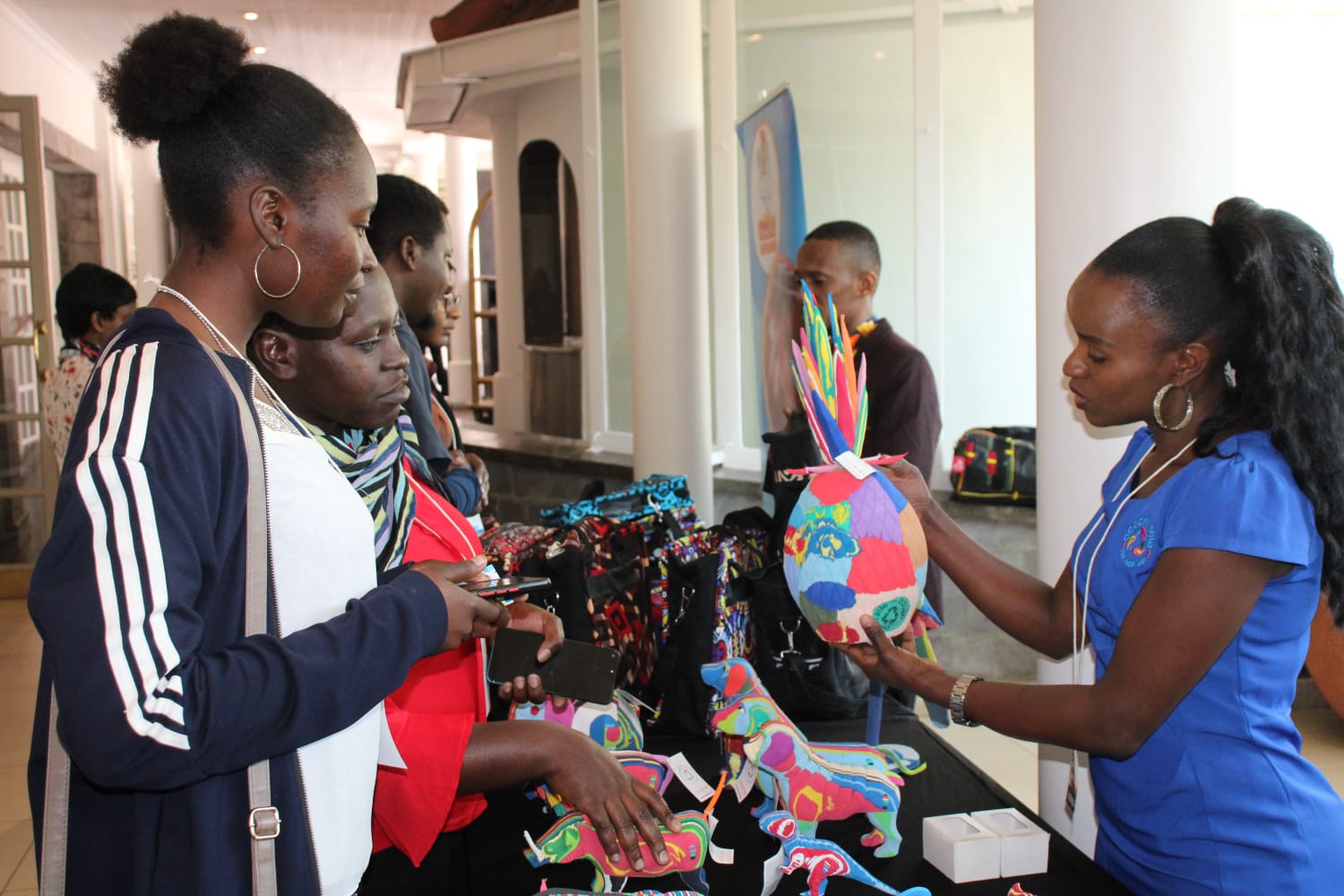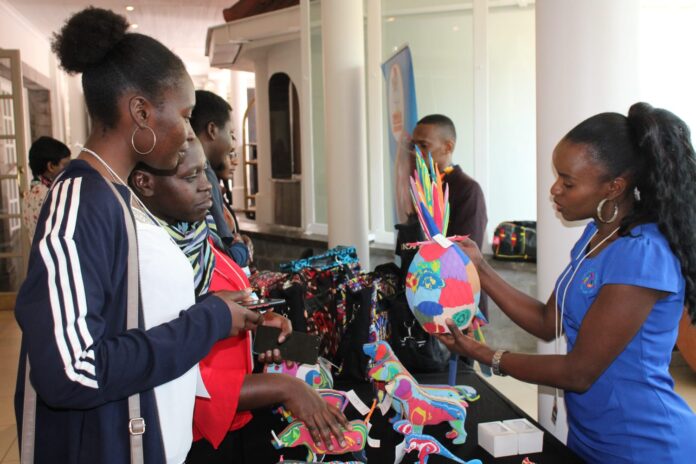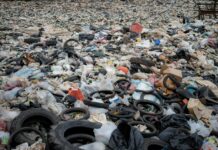By Lenah Bosibori
Nairobi, Kenya: The private sector has been urged to invest in urban insect farming as a solution for sustainable waste management. This innovative approach involves utilizing insects, such as black soldier flies to process organic waste and mitigate its environmental impact.
Black soldier flies (Hermetia illucens) are a species of fly known for their ability to rapidly consume organic waste. During their larval stage, they can efficiently convert a wide range of organic materials into protein-rich biomass. This biomass commonly referred to as “frass,” serves as a valuable resource for various applications, including animal feed, biofuel production, and organic fertilizers.
Speaking during The World Circular Economy Forum 2023 Kenya Studio hosted by the African Circular Economy Network (ACEN) held in Nairobi, Dr Ayub Macharia Director of Environmental Education Awareness at the Ministry of Environment and Forestry said that if the private sector would adopt the farming of insects using the black soldier flies, all the organic waste will disappear.
“We are inviting the private sector to consider the opportunity and invest in the space because it is a lucrative investment and the waste is readily available, organic fertilizer is better because it has nutrients which are not harmful to the soil,” said Macharia
Macharia reiterated that there is money in urban farming using organic waste but few have taken up that challenge.
Researchers presented their findings on the use of black soldier flies as a means of mitigating organic waste. They highlighted the numerous benefits associated with this approach, such as reducing waste volumes, diverting organic waste from landfills, and creating value-added products.

“By harnessing the natural abilities of these flies, the process offers a sustainable and economically viable solution to the organic waste problem,” added Macharia.
The World Circular Economy Forum (WCEF2023) is an annual event that takes place every year in different parts of the world. Last year it was hosted for the first time in Africa (in Kigali-Rwanda) and to allow broader participation, ACEN organized 5 Studios (parallel events connected to the Forum) across the entire African continent.
ACEN currently has representatives in 42 countries and Kenya played a host this year for a WCECF2023 Studio. The event organized by ACEN brought together global stakeholders from different organizations including circular economy experts, universities, local and national governments, the European Union, the African Development Bank, the European Investment Bank, and local exhibitors. The latter had the chance to showcase some of Kenya’s finest circular products.
Speaking at the event, Lara Maritano, an ACEN Circular Economy consultant, and coordinator of the event, said Kenya was chosen as the country to host this WCEF2023 Studio due to the country’s strides and developments transitioning towards a circular economy. The WCEF2023 Kenya Studio had also the specific goal to make the Forum’s material and knowledge accessible to more African, and in this case, Kenyan communities
“Africa is circular in nature, and I feel that anyone outside of Africa has so much to learn from this continent. This is why in every studio we also bring-in many local entrepreneurs to exhibit their sustainable products that are made by incorporating circular principles,” added Maritano.
According to Festus Ngeno Principal Secretary State Department for Environment and Climate Change, Kenya generates an estimated 22,000 tons of waste per day calculated by assuming an average per capita waste generation of 0.5 kilograms for a current population of 45 million translating to 8 million tons annually.
According to Ngeno, It is estimated that 40% of the waste is generated in urban areas. Given that urbanization is increasing by 10%, by 2030, the Kenya urban population will be generating an estimate of about 5.5 million tons of waste every year.
“Kenya’s waste management approach has been linear whereby all waste is mixed together and destined for dumpsites. Discarded products which fill our dumpsites release methane as products decompose,” read part of Ngeno’s speech.
Traditional waste disposal methods, such as landfilling or incineration, contribute to greenhouse gas emissions and the depletion of natural resources. Therefore, the exploration of alternative solutions, like the use of black soldier flies, has gained attention.
Organic waste, such as food scraps, agricultural residues, and other biodegradable materials, presents a significant challenge in terms of waste management and environmental impact.
“Nairobi alone has over 2000 tons of organic waste per day available, which is taken to a dump site, which when taken up by Kenyans can create a lot of impacts, one ton of waste can employ 8 people, imagine 2,000 tons it is quite a huge opportunity for jobs,” added Macharia.
Macharia added that organic wastes can be used to generate protein for animal feeds, and at the same time produce organic fair-trade products. “The marketplace is not a problem. We only need investors to tap the space.
Zablon Wekesa, the African Circular Economy Network Country representative for Kenya, said that the network has been growing its footprint in Africa and so in the region. “The East African community needs to be supported with the opportunity to unlock knowledge and finance towards accelerating the pace of waste reduction & management,” said Wekesa.














